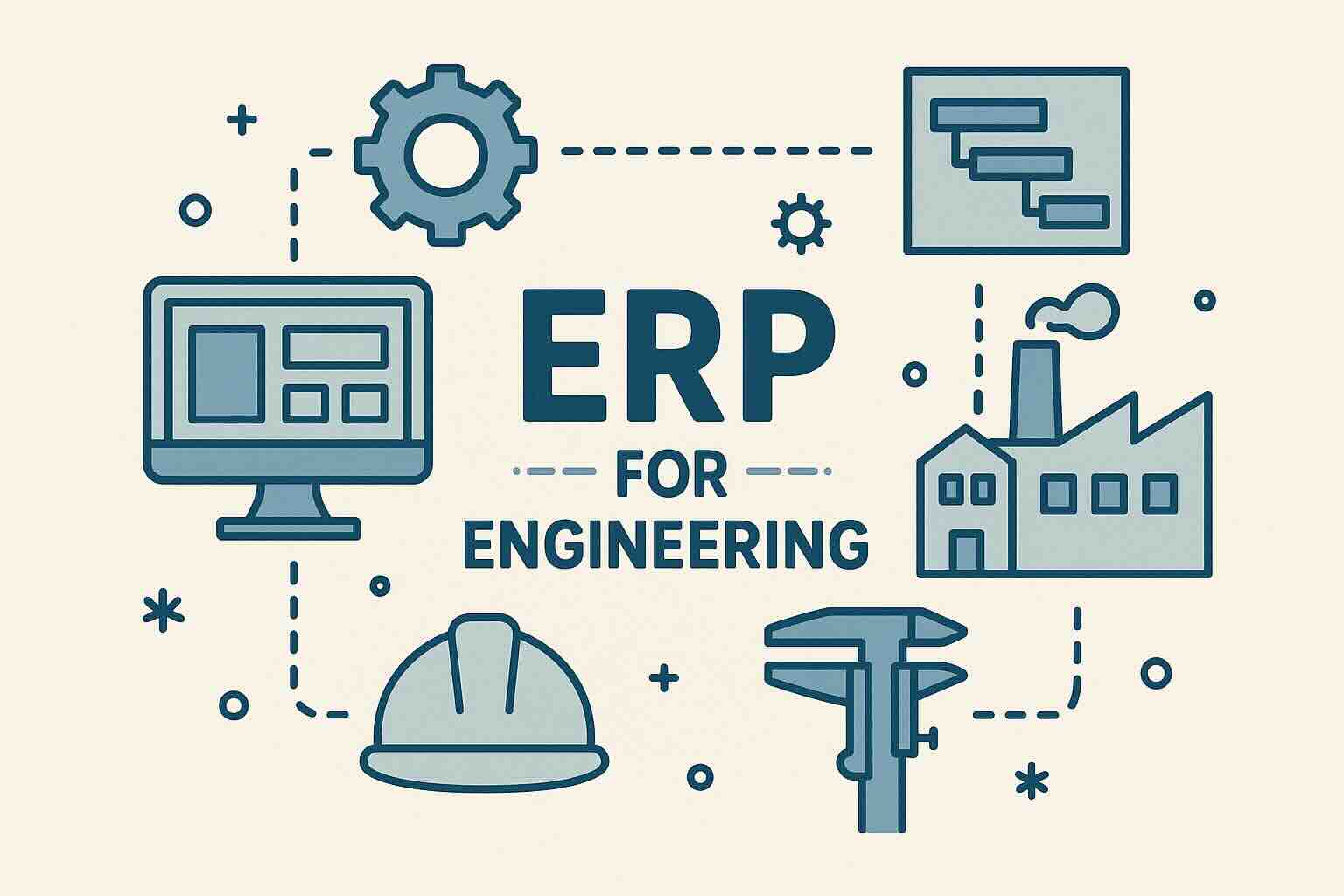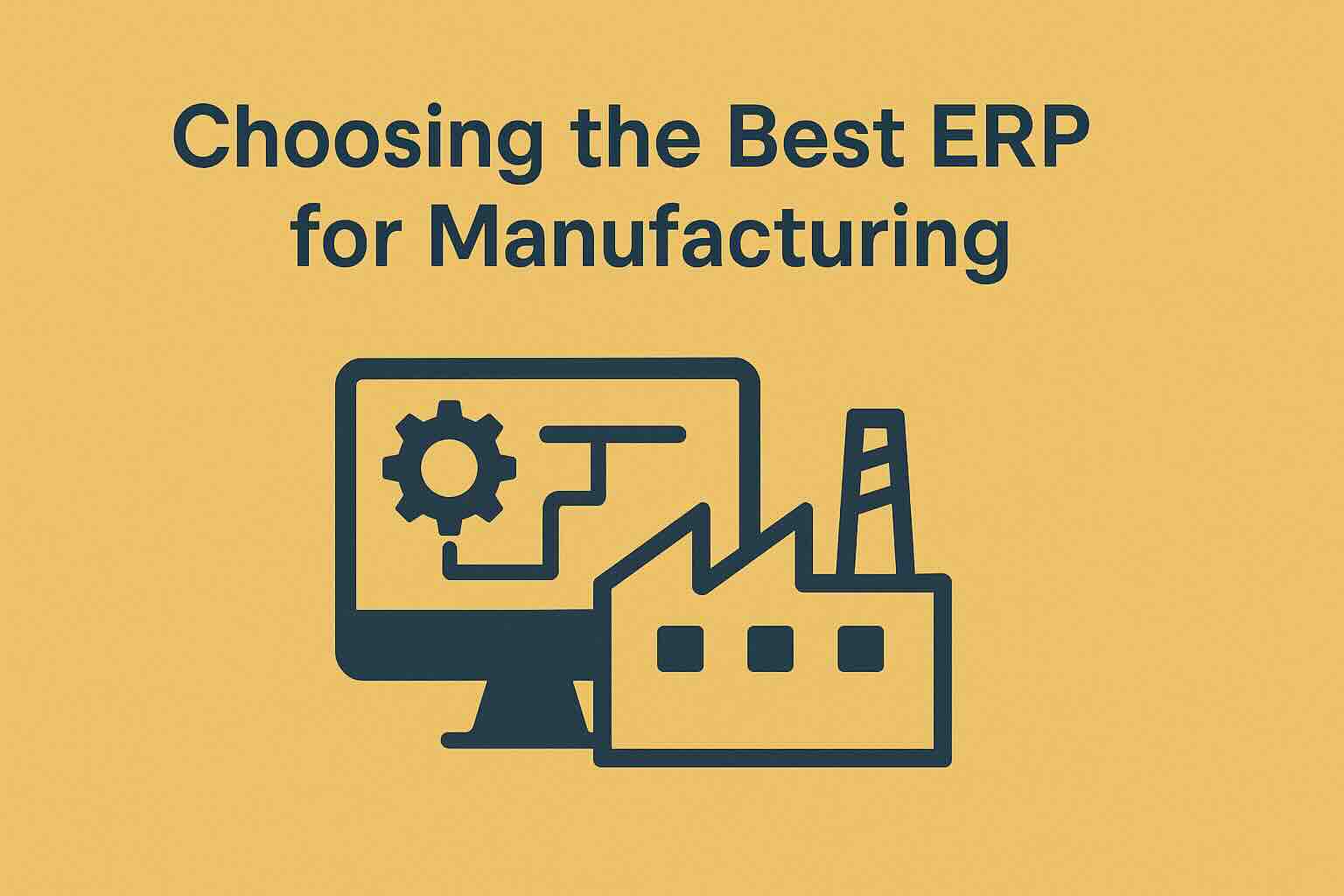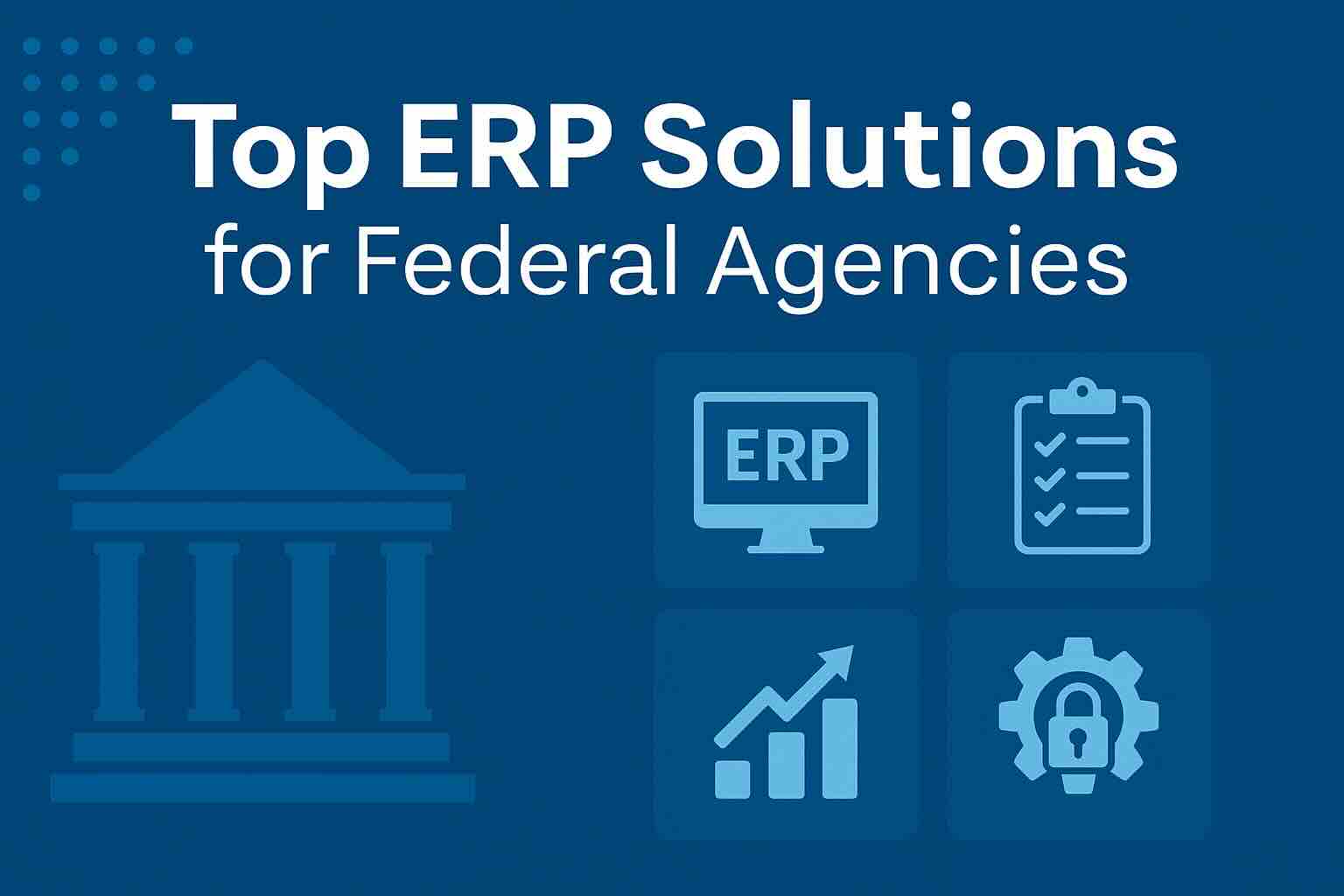Which ERP is Best for Engineering Businesses?

Engineering companies operate in a landscape defined by complexity – managing intricate designs, coordinating cross-functional teams, and delivering projects on time and on budget. To navigate these demands, many firms turn to Enterprise Resource Planning (ERP) systems. But with so many solutions available, a critical question arises: Which ERP is best for engineering businesses?
Understanding ERP in an Engineering Context
Before diving into specific solutions, it’s important to understand what an ERP system does. An ERP integrates core business processes – like finance, supply chain, manufacturing, human resources, and project management—into one unified system. For engineering businesses, a well-tailored ERP system can bring several key benefits:
- Streamlined project management and scheduling
- Improved resource allocation
- Centralized data for informed decision-making
- Better cost estimation and control
- Compliance with industry standards and regulations
Because engineering firms often work on custom, project-based engagements, they need an ERP that goes beyond basic inventory or sales modules. They need project-centric functionality, flexible design tools, and integration with CAD or PLM systems.
Top ERP Systems for Engineering Companies
Let’s take a closer look at some of the most recommended ERP systems for engineering businesses and how they compare.
SAP S/4HANA
Best for: Large, global engineering firmsSAP S/4HANA is a powerful, next-generation ERP that supports end-to-end processes for large engineering companies. It includes comprehensive modules for project systems, engineering change management, procurement, and real-time analytics.Pros:
- Scalable for enterprise-level operations
- Strong integration with design tools and PLM systems
- Real-time data analytics and AI support
Cons:
- High cost of implementation
- Complexity may be overwhelming for mid-sized firms
To find out more about SAP S/4HANA you can visit this link.
IFS Cloud (Industrial and Financial Systems)
Best for: Project-based engineering and construction firmsIFS is known for its strong focus on project management and asset-intensive industries. IFS Cloud offers tools for managing the entire project lifecycle—from initial design through to installation and maintenance.Pros:
- Excellent for project and asset management
- Built-in support for engineer-to-order (ETO) workflows
- Industry-specific capabilities for engineering, construction, and services
Cons:
- Limited third-party integrations compared to SAP or Oracle
- May require specialized training
To find out more about IFS you can visit this link.
Oracle NetSuite
Best for: Medium-sized engineering companies seeking cloud flexibilityNetSuite is a cloud-first ERP system that offers strong financial, CRM, and project management tools. While not as industry-specific out of the box, it can be customized for engineering environments.Pros:
- Fully cloud-based and scalable
- User-friendly interface
- Integrated CRM and financials
Cons:
- Limited engineering-specific features without customization
- May need third-party add-ons for full functionality
To find out more about NetSuite you can visit this link.
Microsoft Dynamics 365
Best for: Engineering firms already using Microsoft toolsDynamics 365 offers a flexible and modular approach, allowing engineering companies to build a system that fits their processes. It works well for firms that already use tools like Microsoft Project, Teams, and Office 365.
Pros:
- Seamless integration with Microsoft ecosystem
- Customizable with Power Platform and third-party tools
- Good project accounting and service management features
Cons:
- Project management features not as deep as IFS or SAP
- Customization can become complex without expert help
To find out more about Microsoft Dynamics you can visit this link.
Deltek ERP (Costpoint or Vantagepoint)
Best for: Engineering firms with a government or consulting focusDeltek provides ERP solutions tailored for project-based businesses. It is especially useful for engineering firms that work on government contracts or offer professional services.Pros:
- Strong compliance and audit trail features
- Designed for project accounting and time tracking
- Robust reporting tools
Cons:
- Narrower industry focus
- Less suited for manufacturing-heavy firms
To find out more about Deltek you can visit this link.
Key Features to Look For
When evaluating which ERP is best for engineering, focus on systems that offer:
- Project and resource management: Ability to manage projects with timelines, Gantt charts, resource loading, and milestone tracking.
- CAD/PLM integration: Compatibility with engineering design software ensures seamless data transfer and version control.
- Engineer-to-order (ETO) functionality: Tailored workflows that support custom engineering processes.
- Cost tracking and billing: Real-time visibility into budgets, costs, and profitability.
- Regulatory compliance: Support for industry standards like ISO, ASME, and governmental reporting.
Final Thoughts: Which ERP is Best for Engineering?
There’s no one-size-fits-all answer. The best ERP for an engineering business depends on the company’s size, budget, industry focus, and specific needs.
- For large enterprises, SAP S/4HANA and IFS Cloud offer robust, scalable features tailored for engineering complexity.
- For mid-sized firms, Oracle NetSuite and Microsoft Dynamics 365 provide flexibility and strong cloud support.
- For firms focused on consulting or government contracts, Deltek may be the ideal choice.
Before making a decision, conduct a thorough needs assessment, involve stakeholders, and consider working with an ERP consultant experienced in engineering implementations.
Find the Right ERP in Minutes – Choosing the right ERP can transform your business – and now, finding that perfect fit is easier than ever. With our AI-powered Compare ERP tool, you can quickly explore and compare solutions tailored to your needs. In less than five minutes, you’ll receive a personalized shortlist of the top three ERPs based on your business goals. Our intelligent engine analyzes millions of data points across 100+ solutions to deliver accurate, relevant recommendations – all for free. Take the first step toward streamlined operations and improved productivity and start comparing today.









